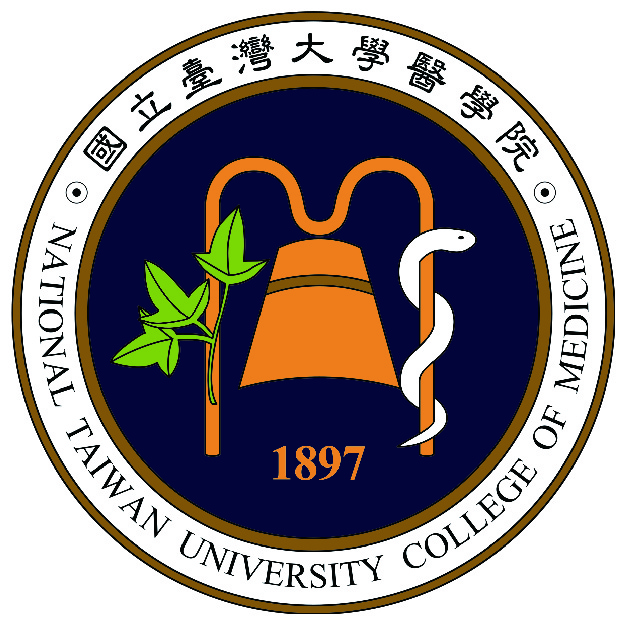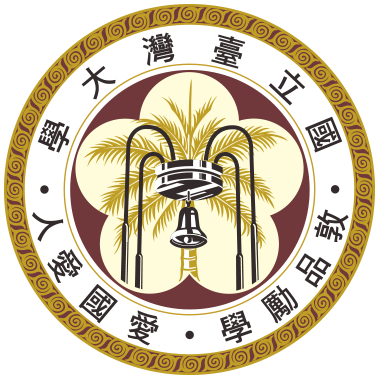
Lab for Cardiovascular Diseases and Organ Fibrosis-Graduate Institute and Department of Pharmacology
Principal Investigator : Prof. Kai-Chien YANG
Team Size : 25
Study Field : Novel Mediators for Organ Fibrosis, Molecular Mechanisms Underlying Cardiac Regeneration, Molecular Determinants of Atherosclerosis Induced by Disturbed Blood Flow Pattern
Forms of Int'l Cooperation : Joint Research Project, Personnel Exchange, Student Exchange, Equipment Share, Seminar, Joint Patent Application, MOU/Collaborative Agreement
Lab Introduction
Our laboratory employs next-generation sequencing and bioinformatics to identify novel pathogenic molecules that are associated with cardiovascular diseases (CVD). Using multidisciplinary research tools including cell culture, biochemistry and transgenic animal studies, we aim to elucidate the molecular mechanisms underlying CVD and organ fibrosis, and to develop novel therapeutics targeting these pathogenic mechanisms. Our research efforts have yielded a number of crucial findings related to heart failure, atherosclerosis, and organ fibrosis, which have demonstrated the pivotal roles of these molecules in these devastating human diseases. Our current research thrusts focus on exploring novel mediators for organ fibrosis, elucidating the molecular mechanisms underlying cardiac regeneration, and investigating the molecular determinants of atherosclerosis induced by disturbed blood flow pattern. One of our most notable discoveries is that the endoplasmic reticulum protein TXNDC5 plays a vital role in the development of cardiac and non-cardiac organ fibrosis, promoting tissue fibrosis through redox-dependent dysregulation. In a mouse model, targeted deletion of Txndc5 in fibroblasts led to a notable improvement in heart, lung, kidney, and liver function and fibrosis. Currently, we are actively developing small molecules that can inhibit the fibrogenic function of TXNDC5. Our research team is also studying mammalian cardiac regeneration by comparing neonatal mice, which are capable of regenerating heart tissue, with adult mice, which cannot. This allows us to explore the dynamic regulation of cardiomyocytes and inflammatory cells such as macrophages following myocardial injury, utilizing single-cell sequencing and transgenic mice to further comprehend the regulatory mechanisms underlying cadiac regeneration, and investigate ways to translate this knowledge into innovative treatment strategies that can assist myocardial infarction patients by promoting myocardial cell regeneration and restoring heart function, with the ultimate goal of developing novel therapeutic tools.
International Cooperation Experience
-
The University of Chicago | United States of AmericaJoint Research Project Personnel Exchange Student Exchange Equipment Share Seminar
2015 ~ present
相關專訪
Contact
Principal Investigator
Position : Professor, Department and Graduate Institute of Pharmacology, National Taiwan University
Email : kcyang@ntu.edu.tw
Education / Background :

